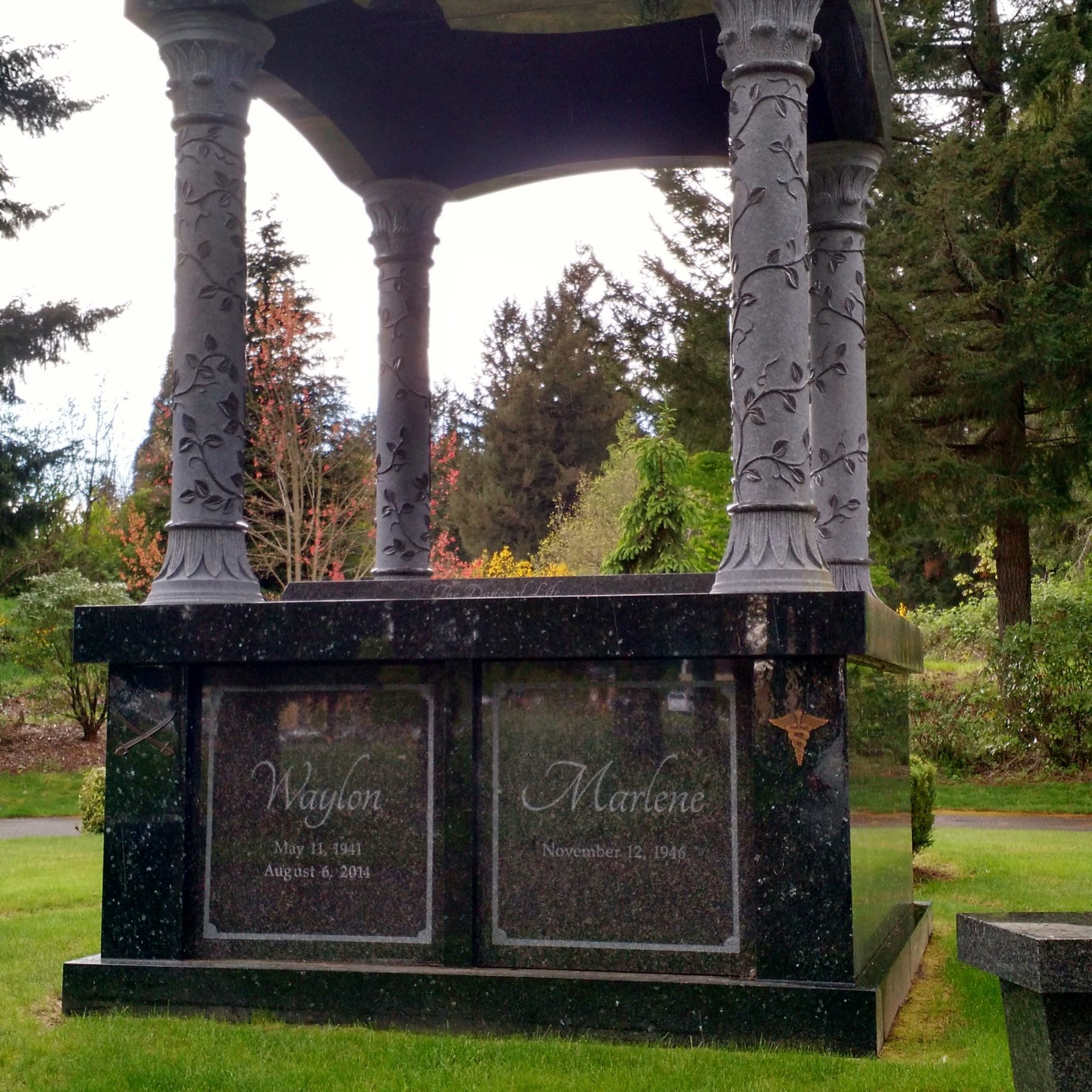Everything is an offer.
That’s a principle that we at The Yes Works teach. An “offer,” in an improv context, is some bit of information provided to you for your creative use. We can take creative inspiration from absolutely anything in our environment—from something someone says, from the tone with which they say it, or from a gesture someone makes, or the smallest subconscious movement, or a speck on the wall, or… even a disastrous event in the life of your company.
If everything is an offer—with the potential to spark a creative response—then the potential for innovation is everywhere. A failed adhesive becomes a Post-it Note. A failed ship’s instrument stabilization device becomes one of the most successful toys of all time (the Slinky). Last year, a drought at Stonehenge, in combination with a hose that wouldn’t reach, caused the grass, long kept green, to turn brown. While the groundskeeper may have been distraught, archaeologists answered one of the mysteries of Stonehenge. The first grass to turn brown formed spots that completed the circle of stones, indicating where fallen stones had once stood. Was Stonehenge once a complete circle? Yes, as revealed by the brown spots caused by this happy accident, it was.
In our lives and in our businesses, we can become paralyzed by failure or by crisis, or worse yet, we can struggle to oppose the inevitable, putting our finger in the dike when there’s not one leak, but twenty. When faced with insurmountable forces, we often ignore them. Or we stand up to them like Oedipus defying the Oracle. Or we run away in hopes that we are faster than fate.
A dear friend of my family, Waylon Black, a vibrant, creative, caring doctor, beloved by family and coworkers (by everyone, really) learned not so long ago that he had cancer. He fought it with fortitude and grace, and when he learned that it would surely take his life, Waylon took his impending death as an offer and an inspiration. “I decided I was really going to live,” he told his voice teacher, my wife Jessica.
He surely had some private grief. No doubt Waylon mourned with his family. But he was not defeated by this turn of fate, not diminished by facing the inevitable. If advancing death was a crisis in his life, it was not a crisis first or foremost. It was an opportunity to celebrate. And he did celebrate.
He took voice lessons, singing in his church choir and singing American Standards he’d expanded with countermelodies he wrote. He danced. He threw holiday parties. He enjoyed his grandchildren. “Really live,” he did.
He celebrated not only in the small moments and the holidays of his remaining time, but even in his coming demise. And it was a source of inspiration to him.
Viewing crisis as a gift—as an offer, as a source of inspiration—is a skill, and one that is cultivated and enhanced by a regular practice of improv. That’s a different approach to crisis management.
A creative and inspired fellow in every avenue of his life, Waylon set about creating the mausoleum that would be his final resting place (and when she’s ready, that of his wife, Marlene). This was no macabre endeavor for Waylon. He did not darkly face the task, reluctantly choosing from a catalogue. Instead, he excitedly designed the look of the giant stone monolith he would rest in, making drawings, choosing materials, drafting and editing. The granite walls and pillars will one day hold not only Waylon and Marlene, but also a bronze statue of the two of them doing one of the things they most loved to do together, dance. He showed friends and family his designs and plans, smiling and joking and proud of his work. He strode into his voice lesson one day and said to my wife, grinning, “look at this picture of my mausoleum!”
And, surely, inevitably, he came to inhabit the mausoleum he’d worked so hard to create. I don’t know if it brings him joy now, as he rests there, but I do know that it brought him joy when he was making it, in his final days. He planned for the mausoleum to be a gift. “I hope that others who visit the cemetery will enjoy it too.” To insure that they would, he even added a bench a few yards away.
I’m reminded of my friend, Steve Roberts. He says that everything is a gift. “Everything.” And he claims that his poster of Noah joyfully waterskiing behind the Ark (drawn by Jeff Moores) is more valuable than the Mona Lisa. This illustration, Steve says, “Encourages us to ask ourselves, ‘What will it take for me to thrive in the face of adversity?’”
Viewing crisis as a gift—as an offer, as a source of inspiration—is a skill, and one that is cultivated and enhanced by a regular practice of improv. Deliberate exercise of improv, of- its mindset and principles, creates neural pathways that make a healthy response to crisis easier. That’s one way that Waylon’s intention that his mausoleum be a gift to others is a success—its very existence reminds me to enjoy my many blessings, and that everything is an offer of inspiration for me to respond to with creativity and joy. That’s why we, at The Yes Works, offer support in crisis surfing, rather than crisis management. A crisis is not simply something to manage or to mitigate. It’s something to enjoy and take gifts from.
If even death is an offer, an opportunity for creativity and innovation, then imagine the possibilities for your business in the next crisis you’ll face. May you face a whopper soon, and may you face it as Waylon faced cancer—with grace, aplomb, creativity, collaboration, and joy.

